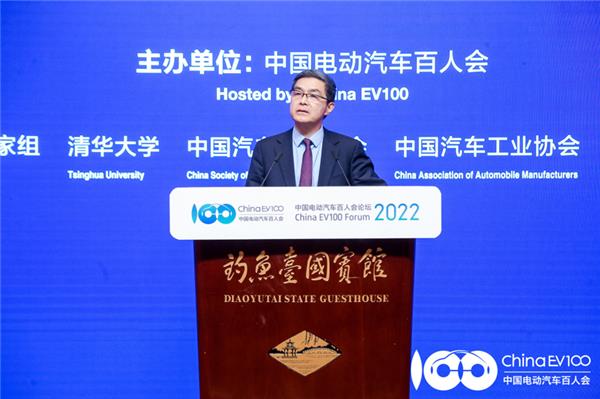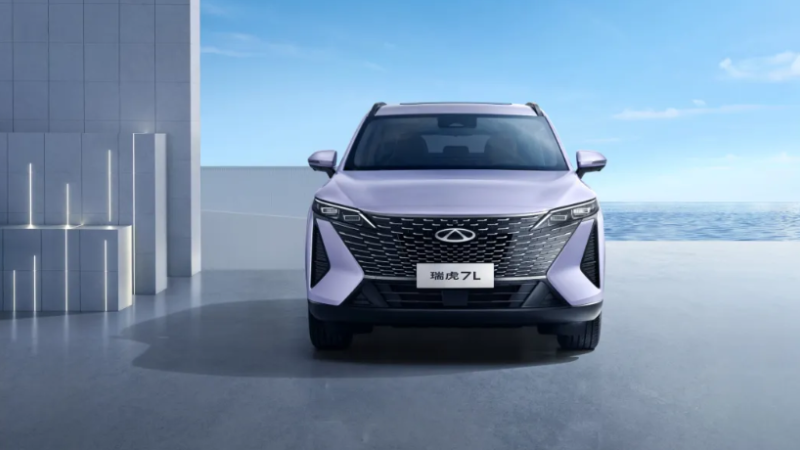Shanghai (Gasgoo)- The sales of oil-fueled vehicles in China are forecasted to peak in 2022 or 2023, and then will continuously fall year by year, Ouyang Minggao, an academician of the Chinese Academy of Sciences, said at the China EV100 Forum 2022.

Ouyang Minggao; photo credit: China EV100
Based on the data from China's MIIT and National Bureau of Statistics, a research team led by Ouyang Minggao predicted that China's new energy vehicle (NEV) sales will be basically equal to that of oil-fueled vehicles in 2030, which is in line with the goal set for China's energy-saving vehicle and NEV technology routes.
He also noted that China's NEV market will go into a new fast-growing stage between 2021 and 2030. The judgement is made on the basis of three factors related to the market, technologies, and policies.
Mr. Ouyang said NEVs are appealing to more and more consumers due to their outstanding handling performance, improved brand image, and fashion styling. With a continuous expansion of product lineup, NEVs have basically dominated the mini-sized car segment, and also hold a great presence in the premium car sector. As for the medium-level car segment, BYD's DM-i models are serving as strong sales drivers. Compared to oil-fueled vehicles, NEVs feature lower costs in power supply, contributing to the NEV sales growth as well.
In the aspect of technologies, the issues related to battery range, safety and service life have been basically solved. The technical progress of electric drive systems and thermal management systems, and the growing diversity of in-car charging and heating technologies make all-weather electric vehicles possible. Moreover, the intelligentization of driving handling systems, the popularization of driver assistant technologies, and the technical upgrades of the electric chassis, lightweight car body, smart EV charging & battery swapping, and other technologies enable NEVs to basically meet consumers' technology demands.
On the side of policies, Ouyang Minggao said electric vehicles would help China's automotive industry peak carbon dioxide emissions before 2030. In particular, the annual emissions of passenger vehicles are projected to peak ahead of schedule at a volume below 600 million tonnes. From 2030 to 2035, electric vehicles will serve as a unit to evaluate the performance of negative carbon emissions. Based on the V2G (vehicle-to-grid) technology, electric vehicles will act as an energy storage device for the electricity produced from renewable energy sources such as solar and wind.
Additionally, Mr. Ouyang also estimated that China would face overcapacity in power batteries in 2025. The country's power battery production capacity is likely to reach 1,500GWh per year in 2023 and 3,000GWh per year in 2025. The yearly battery shipments are expected to be 1,200GWh in 2025, around 70%-80% of which would be used to meet the domestic market's demands.








